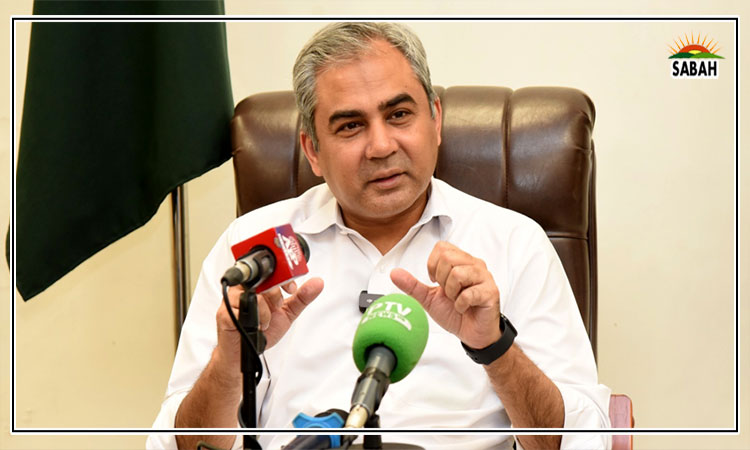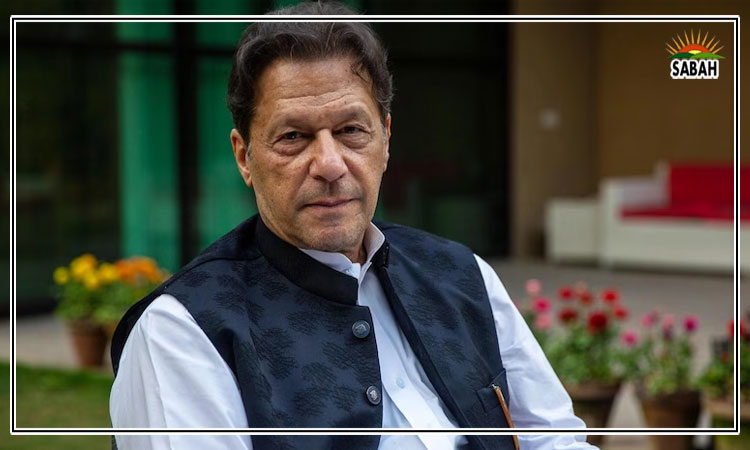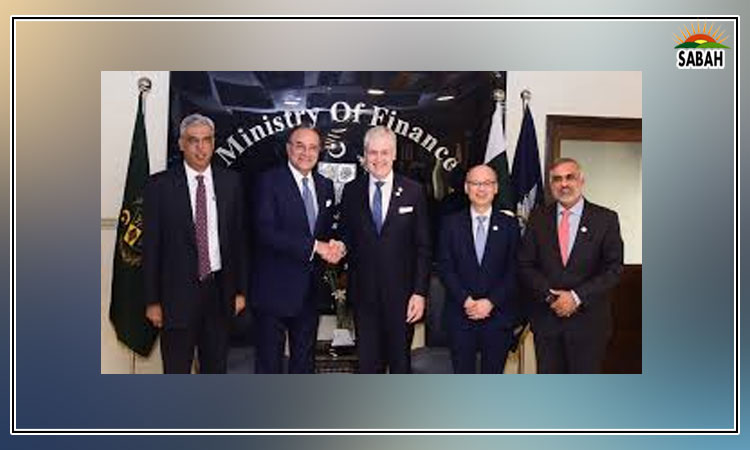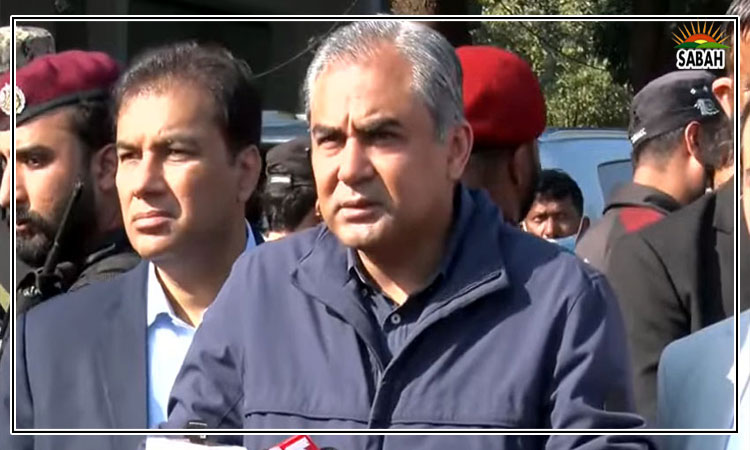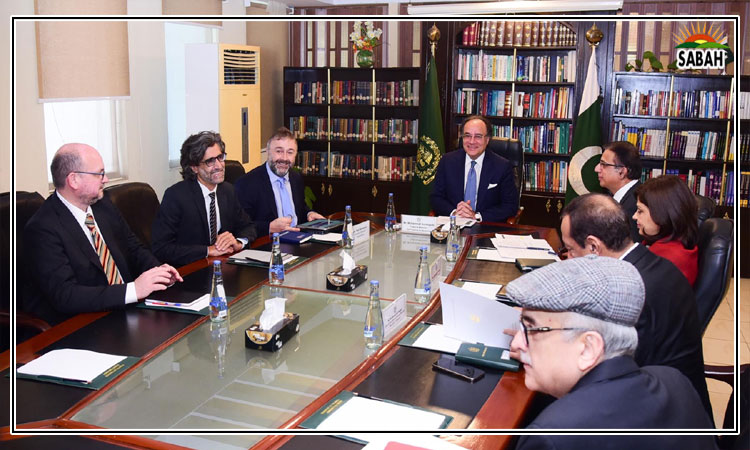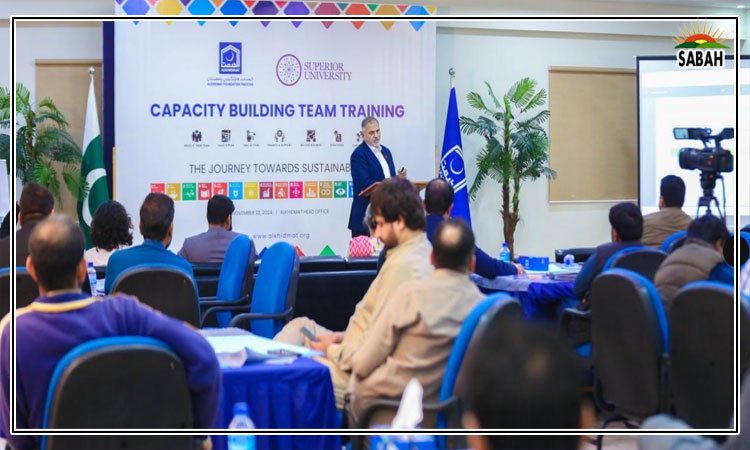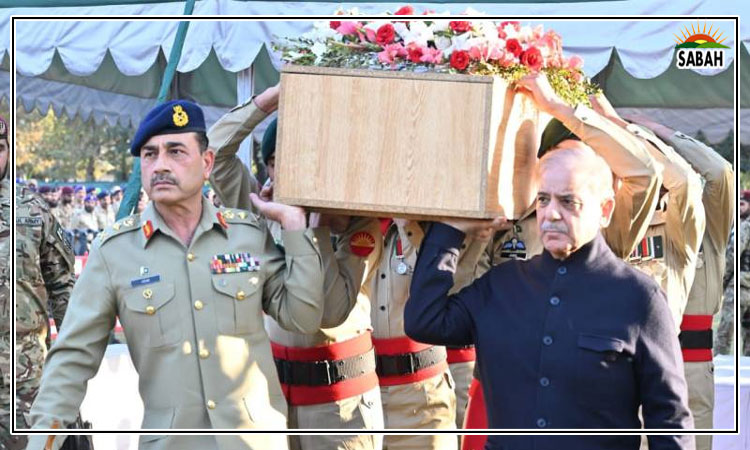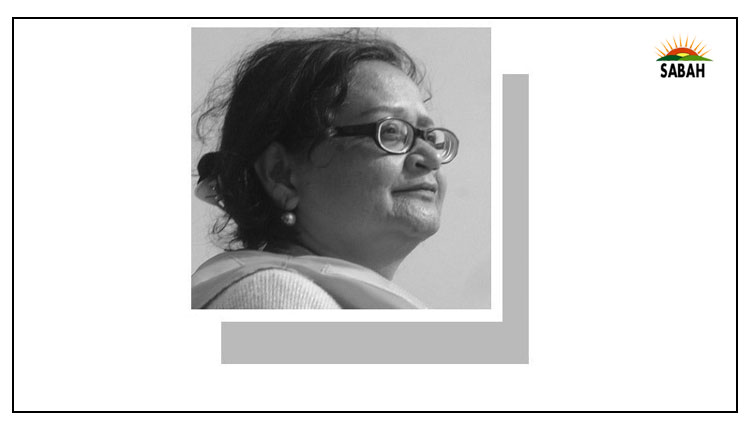Workers in Türkiye….Zenat Hisam
Once youre in their books, youre done for. theyll ask you what you do, how much tax you pay, where youre registered, how much you make, and are you left wing or right wing. Mustafa Efendi, a character in A Strangeness in My Mind by Orhan Pamuk
WHEN you think of informal labour in Trkiye, the image that comes to your mind, if you read this, is the life of a street vendor in Istanbul, unfolding amidst diverse layers of changes: personal, social, political, environmental, ecological in the wake of urbanisation and the melding of tradition with modernity. The saga of change, chronicled by Pamuk in the novel, spans four decades from the 1980s to 2000s.
Changes in the life and work of informal labour continue globally and in Trkiye. Street vending is at the bottom rung of informal work, lacking in job security and health insurance: you just earn for the day and have no idea what tomorrow may (or may not) bring. Street vendors in Trkiye require registration and need to pay a fee to the municipality. In 2016, the number of registered vendors in Istanbul was more than 12,000, while the unregistered ones numbered 50,000. According to an estimate by a municipal body in Izmir on street economy, only 10 per cent to 15pc of street vendors in Trkiye make minimum wages.
Currently, inflation is playing havoc in Trkiye. Informal workers are the worst hit. With a very high rate of 85.51pc inflation (November 2022), real wages have fallen drastically. The trade union density is 13pc. Till October 2022, 108 strikes had taken place. Of them, 96 strikes were for wage raise. The 2012 labour law prohibits strikes other than those organised in case of disagreement during collective bargaining. So a high number of strikes, the majority of them unauthorised, indicate a rise of collective power and activity of workers in the country. However, this does not mean unions have an easy existence: repression of strikes, arrests of trade unionists and systematic union-busting are common.
Though the constitution and labour law grant freedom to form a union, without acquiring authorisation from the state, the law has maintained many restrictive clauses from previous legislations enacted by military regimes. Workers in the public sector can form unions, but do not have the right to strike. Also, workers in the mining and petroleum industries, hospitals, transportation, energy and sanitation services, banking and education are excluded from this right. According to the Global Rights Index 2022, Trkiye is among the 10 worst countries for workers in the world. Trkiye is ranked five in 2022 on a scale of one to five, which indicates workers have no guarantee of rights.
Trkiye has a centralised minimum wage determination system in place for annual increases. Though minimum wages were raised by 50pc in January 2022, the government announced another 30pc raise in July 2022 to protect workers from hardships and win favour for the June 2023 elections, making TL 5,500 (around $300) per month the minimum wage.
A silver lining for labour in Trkiye is a decrease in informal employment: according to a 2021 study, informality declined from 50.6pc in 2004 to 33.4pc in 2018. The key factor is the rise in education level of the labour force. Two other contributing factors are the increasing firm size and the shift from agriculture to the services sector.
Decrease in informal employment appears to be linked positively to education. In 2022, Trkiye ranked 48th (among 191 countries) in the category of very high human development. The Human Development Index combines education, life expectancy, and GDP per capita. HDI in Trkiye has increased significantly since 1990, reaching 0.838 in 2021. Education is at the core of the national economic agenda. In 2021, the state allocated 12.43pc of GDP to education. The country has made significant progress in increasing access to education: it is mandatory for a teacher to serve three years in disadvantaged areas. In Trkiye, the literacy rate is 96.74pc and primary school enrolment 97.6pc.
Vocational education and training, integrated into Trkiyes robust education system, is given due attention with an objective to train qualified labour in line with emerging labour market needs. Secondary-level students receive four years of education by both working and studying in vocational high schools. Companies with 20 or more employees are legally obliged to provide this kind of training. Under a 2021 project, libraries and laboratories were installed in 1,000 schools and 50 R&D centres established.
While workers in Trkiye are facing huge economic, human and labour rights challenges, at least there is hope that informality will continue to decline and a greater number of workers will have access to social security.
Courtesy Dawn


